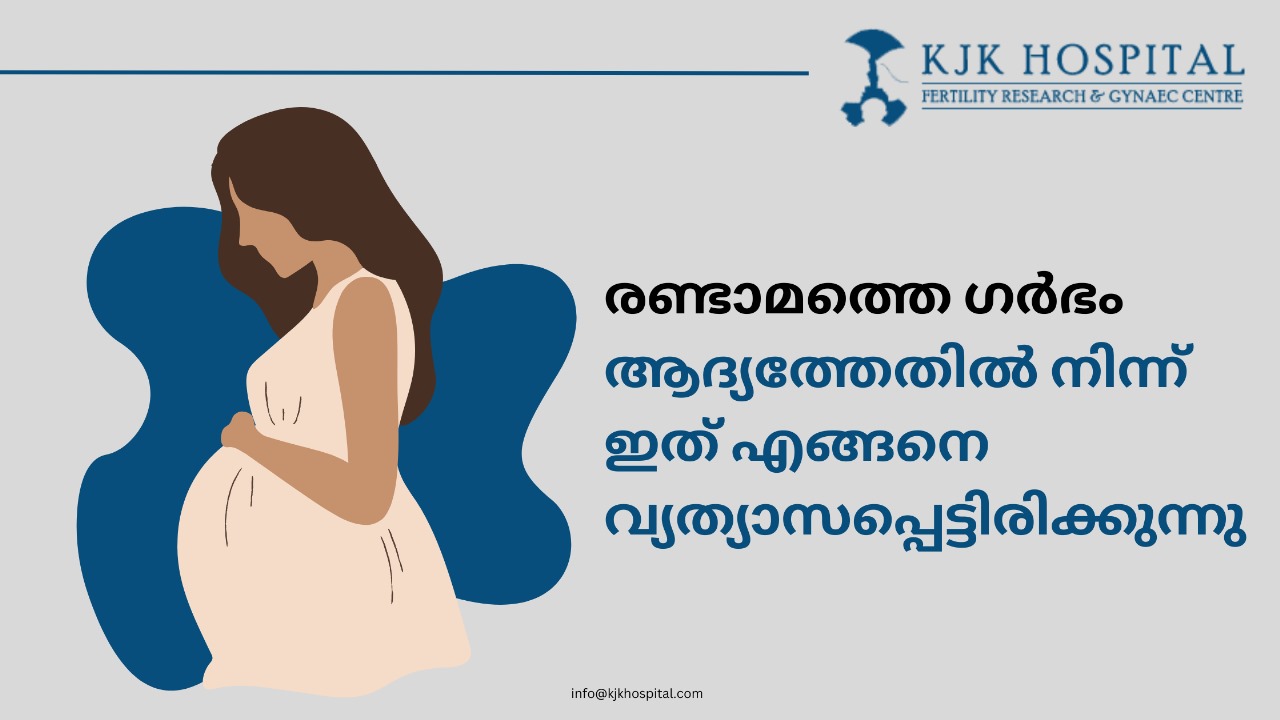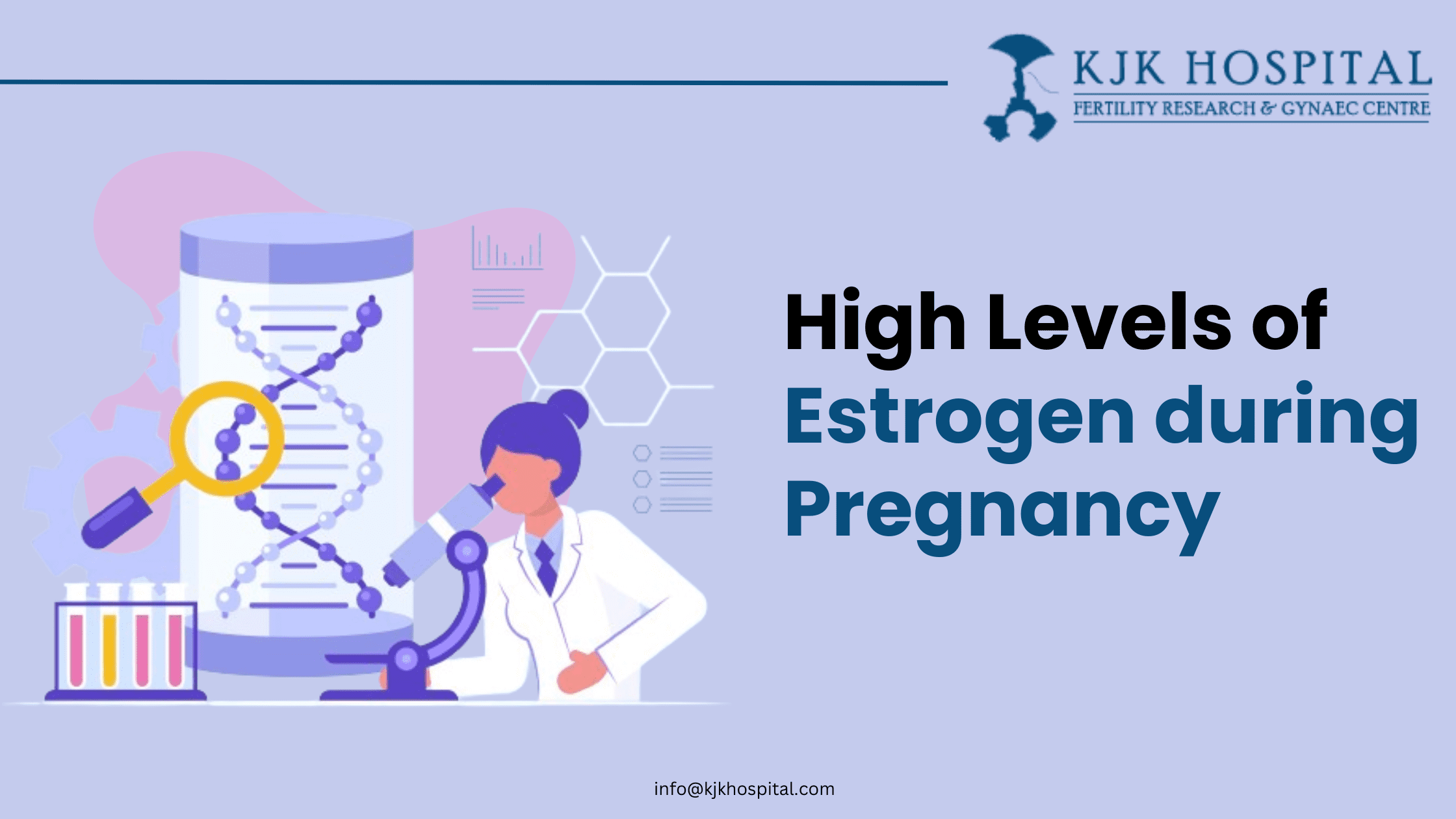Healthy sperm is not always something that can be taken for granted. A number of factors can affect the quality of a sperm. Sperm quality and infertility are directly proportional to each other. If you and your partner are thinking about getting into the family way, you might be wondering about the health of your sperm. The production of sperm is not an easy process and requires normal functioning of the testicles (testes) as well as the hypothalamus and pituitary glands — organs in your brain that produce hormones that trigger sperm production. Once sperm is produced in the testicles, delicate tubes transport them until they mix with semen and are ejaculated out of the penis. Problems with any of these systems can affect the quality of the sperm produced.
There are a number of factors that determine the sperm health, including quantity, movement and structure.
Sperm quantity:
You are likely to be fertile if your semen discharged in a single ejaculation contains at least 15 million sperm per milliliter. A low sperm count is also called oligospermia. A complete absence of sperm is called azoospermia. If the number of sperms in an ejaculate is less than the minimum required quantity, there could be problems with conceiving because there are fewer candidates available to fertilize the egg.
Movement:
To reach and fertilize an egg sperm must move. It must wriggling and swimming through a woman’s cervix, uterus and fallopian tubes. This movement of sperm is known as motility. However, if at least 60% of your sperm is not moving, you are likely to be infertile.
Structure:
Normal sperm have oval heads and long tails, which work together to propel them. Though not as important a factor as sperm quantity or movement, if the majority of the sperm don’t have a normal shape and structure, the more likely you are to be infertile.
Age:
Age is also an important factor in male infertility. The ability of sperm to move and the proportion of normal sperm tend to diminish with age, affecting fertility, especially after age 50.
The following medical issues can affect the sperm quality and can lead to infertility
Varicocele:
In simple terms varicocele means swelling of the veins that cause a drag on the testicles. It is one of the most common causes of male fertility. Though the exact relationship of varicocele and sperm quality is not discovered, it is believed that abnormal testicular temperature due to varicocele affects the sperm quality.
Infection:
Some infections can get into the way of sperm production or sperm health. Infections can even cause blockage in the passage of sperm. These include inflammation of the epididymis (epididymitis) or testicles (orchitis) and some sexually transmitted infections, including gonorrhea or HIV. Some infections have the potential of permanent testicular damage.
Antibodies that attack sperm:
Anti-sperm antibodies are immune system cells that mistakenly identify sperm as harmful invaders and attempt to destroy them.
Tumors:
Both benign and malignant tumors can affect the male reproductive organs directly and thereby the sperm quality as well. Surgery, radiation or chemotherapy to treat tumors also can affect sperm quality.
Undescended testicles:
During fetal development one or both testicles sometimes fail to descend from the abdomen into the sac that normally contains the testicles (scrotum). Decreased sperm quality is more likely in men with this condition.
Hormone imbalances:
A problem in the hypothalamus or the pituitary gland — parts of the brain that signals the testicles to produce testosterone and sperm, alterations in these hormones, as well as from other systems such as the thyroid and adrenal gland, may impair sperm quality.
Ways to improve sperm quality:
Some simple steps may enhance the quality of sperm. For example:
Maintain a healthy weight:
Research suggests that increasing body mass index (BMI) is directly linked with decreasing sperm count and sperm movement.
Eat a healthy diet:
Include a plenty of fruits and vegetables in your diet, which are rich in antioxidants – might help improve sperm health.
Prevent sexually transmitted infections (STIs):
Sexually transmitted infections like chlamydia and gonorrhea can adversely affect the sperm quality and result in infertility.
Manage stress:
Stress can decrease sexual function and interfere with the hormones needed to produce sperm
Get moving:
Moderate physical activity can increase levels of powerful antioxidant enzymes, which can help improve sperm quality.
Sperms are highly vulnerable to environmental factors, such as exposure to excessive heat or toxic chemicals. To enhance the sperm quality:
Don’t smoke:
Men who smoke cigarettes are more likely to have low sperm quality and thereby the risk of infertility.
Limit alcohol:
Heavy drinking can lead to reduced testosterone production, impotence and decreased sperm quality.
Talk to your doctor about medications:
Calcium channel blockers, tricyclic antidepressants, anti-androgens and other medications can contribute to decreased sperm quality. Anabolic steroids can have the same effect.
Watch out for toxins:
Exposure to pesticides, lead and other toxins can hamper sperm quantity and quality. If you must work with toxins, do so with protective gear. For example, wear appropriate clothing and equipment and avoid skin contact with chemicals.
Stay cool:
Increased scrotal temperature can affect the sperm quality adversely. It is good to wear loose-fitting underwear, reducing sitting, avoiding saunas and hot tubs and limiting scrotum exposure to warm objects, such as a laptop, might boost sperm quality.
Chemotherapy and radiation therapy for cancer come in the way of quality sperm production and may lead to infertility that might be permanent.
For enquiries related to treatment of Male causes of infertility, send a message to www.KJKHospital.com/contact







